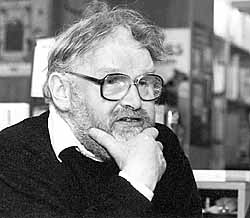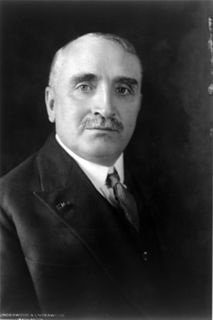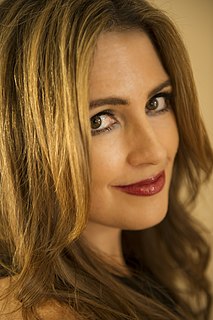A Quote by Brion Gysin
Writers don't own their words. Since when do words belong to anybody. "Your very own words," indeed ! And who are you?
Related Quotes
The dictionary is like a time capsule of all of human thinking ever since words began to be written down. And exploring where words have come from can increase your understanding of the words themselves and expand your understanding of how to use the words, and all of this change happens in your thinking when you read the words.
Get people talking. Learn to ask questions that will elicit answers about what is most interesting or vivid in their lives. Nothing so animates writing as someone telling what he thinks or what he does - in his own words. His own words will always be better than your words, even if you are the most elegant stylist in the land.
Shakespearean words, foreign words, slang and dialect and made-up phrases from kids on the street corner: English has room for them all. And writers - not just literary writers, but popular writers as well - breathe air into English and keep it lively by making it their own, not by adhering to some style manual that gets handed out to college Freshmen in a composition class.
Don't be pretentious is my first advice to young writers. This is the big problem - just because you're getting an MFA doesn't mean you have to write for the Academy. Be true to your personality. Don't temper your personality down with words. Don't build defensive fortresses around yourself with words - words are your friends.








































